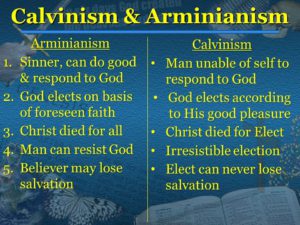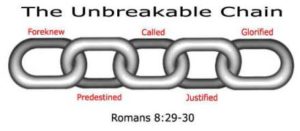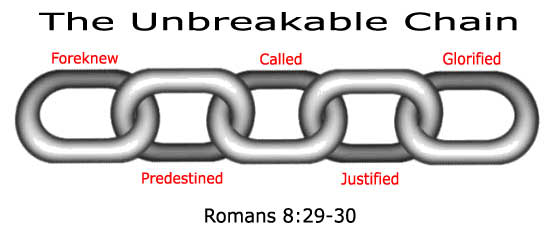
Excerpt 1: Particular Redemption
Spurgeon’s Sermons vol 4. Sermon 181 (1858). With paragraph adaptations.
[Christ’s death procures real and not potential atonement. The intent of Christ’s death defines its extent]
The doctrine of Redemption is one of the most important doctrines of the system of faith. A mistake on this point will inevitably lead to a mistake through the entire system of our belief.
Now, you are aware that there are different theories of Redemption. All Christians hold that Christ died to redeem, but all Christians do not teach the same redemption. We differ as to the nature of atonement, and as to the design of redemption. For instance, the Arminian holds that Christ, when He died, did not die with an intent to save any particular person; and they teach that Christ’s death does not in itself secure, beyond doubt, the salvation of any one man living. They believe that Christ died to make the salvation of all men possible, or that by the doing of something else, any man who pleases may attain unto eternal life; consequently, they are obliged to hold that if man’s will would not give way and voluntarily surrender to grace, then Christ’s atonement would be unavailing. They hold that there was no particularity and speciality in the death of Christ. Christ died, according to them, as much for Judas in Hell as for Peter who mounted to Heaven. They believe that for those who are consigned to eternal fire, there was a true and real a redemption made as for those who now stand before the throne of the Most High. Now, we believe no such thing. We hold that Christ, when He died, had an object in view, and that object will most assuredly, and beyond a doubt, be accomplished. We measure the design of Christ’s death by the effect of it. [Emphasis added] Continue reading “Charles Spurgeon on Particular Redemption (Excerpts from two Sermons)”




